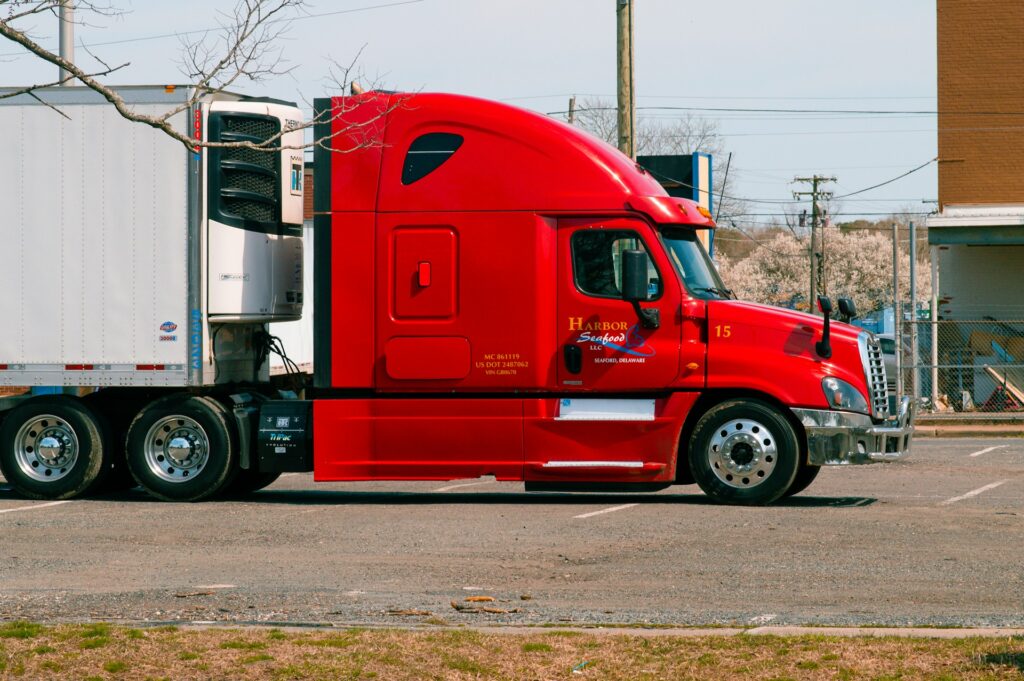Discover the implications for driver fatigue, safety regulations, and the broader trucking industry as the debate continues. Stay informed on how FMCSA’s decisions could shape the future of trucking regulations and operational practices.

FedEx warns of higher costs under trucker rest break waivers
Recent developments have raised concerns about the potential approval of FedEx Corp. meal and break exemptions for truck drivers in California and Washington. The company anticipates that the granting of these exemptions by the Federal Motor Carrier Safety Administration (FMCSA) could result in increased costs and operational challenges for FedEx and other airlines operating in these states. doing.
In a statement filed with FMCSA, FedEx emphasized the economic impact of following the government’s stricter meal and break rules. Clement Klank, FedEx’s Corporate Vice President, emphasized that the additional break time required by California and Washington laws could result in significant operational costs, impacting route planning, compensation plans, and overall policies. This, in turn, would lead to increased labor costs amounting to millions of dollars annually.
Additionally, Crank noted that these mandated breaks not only extend drivers’ work hours, but also reduce their time at home, which can impact driver fatigue and morale. California and Washington state regulations require specific meal and break intervals for truck drivers, with California requiring a 30-minute meal break after a five-hour shift and a second meal break for shifts exceeding 10 hours. Requires breaks. Drivers in both states are entitled to breaks based on their working hours.
In contrast, federal regulations provide for his 30-minute break after eight hours of driving, but work hours or driving time can be flexibly defined as part of the required break. The FMCSA’s consideration of waivers follows pressure to address safety concerns and reduce accidents involving heavy trucks.
The waivers under review stem from previous decisions in 2018 and 2020 that ruled federal hours-of-service rules preempted meal and rest break laws in California and Washington for interstate trucking. These decisions were based on the assumption that state laws were stricter than federal regulations, justifying federal preemption. FMCSA recommended that applicants seeking exemptions focus on the relative safety of intrastate and interstate drivers, as well as the potential impact on truck parking shortages and domestic supply chains.
Late last year, various interest groups, including the Teamsters union, truck safety advocates, and the state of California, filed requests for exemptions. FedEx has expressed concern about the potential impact of these waiver approvals, citing challenges such as a lack of truck parking and the impact of California-mandated break intervals on drivers’ routes and schedules.
For FedEx, ensuring compliance with various government regulations presents logistical and financial challenges that can impact operational efficiency. The outcome of FMCSA’s decisions regarding these exemptions will have far-reaching implications for the trucking industry, interstate carriers, and the broader supply chain.
As the debate continues, it is important that stakeholders consider the balance between safety regulations, operational efficiency, and the overall impact on drivers and the transportation industry as a whole. Solving these issues will shape the future landscape of trucking regulations and practices and how companies like FedEx will navigate a complex regulatory environment while prioritizing safety and efficiency will affect.






